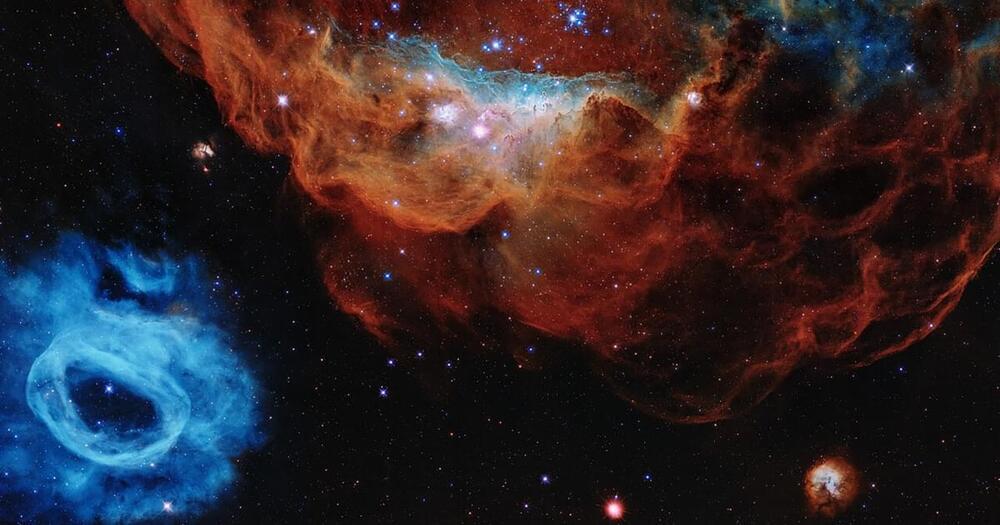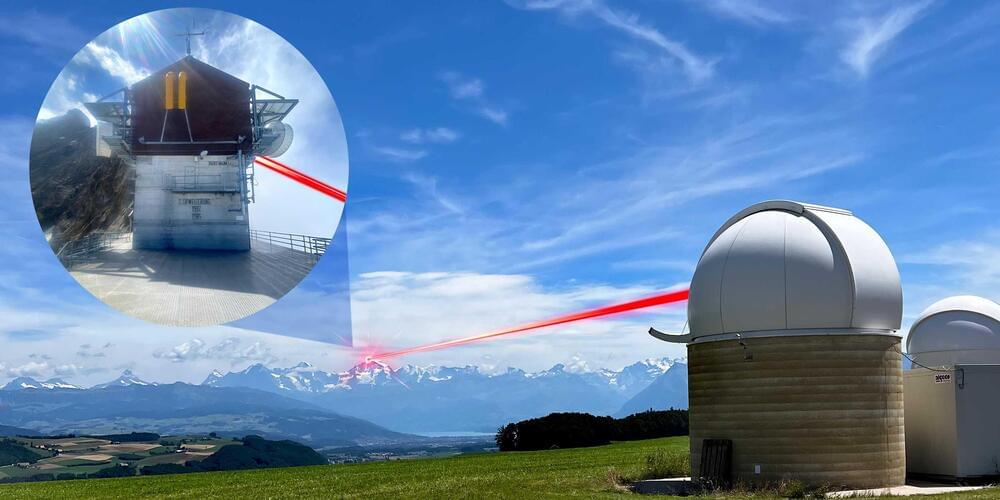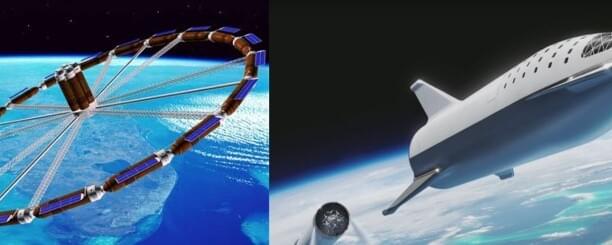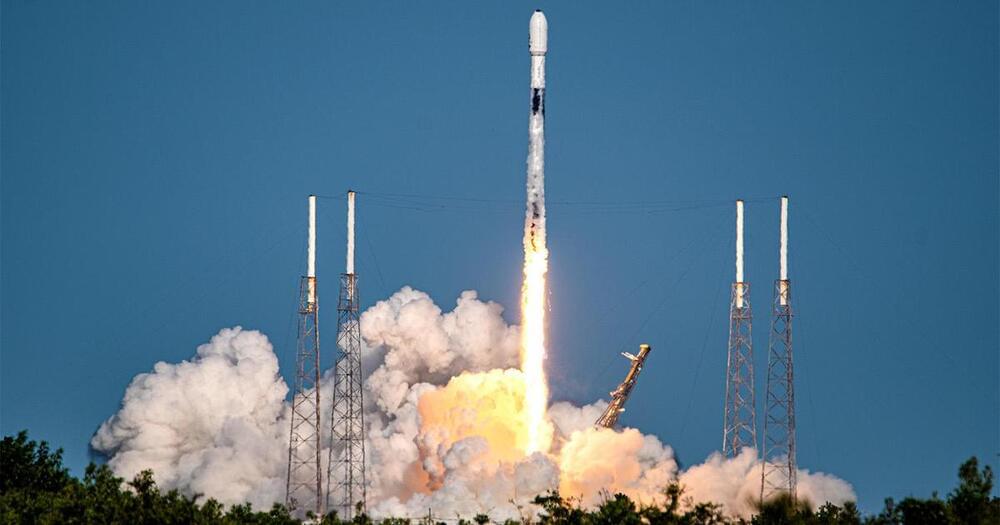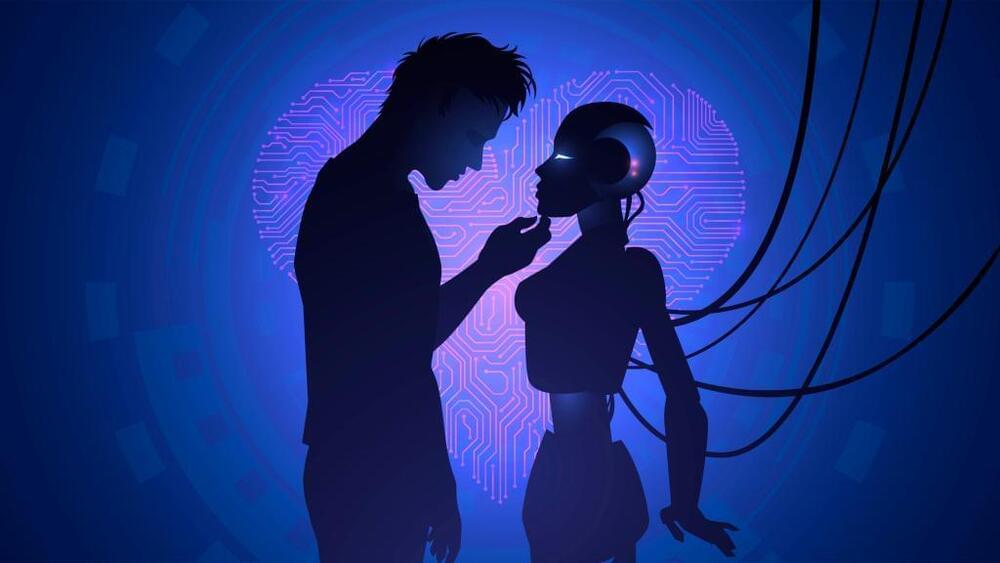That’s the ordinary matter of everyday life: your hair and clothes, your atoms and organs, the food you eat and the dogs that kiss you, the air and the sea, the Sun and the Moon. Everything we know — everything we see — is just 5% of everything in the Universe.
The remaining 95% of the Universe is stuff that we can’t see, don’t yet understand. An extraordinarily vast portion of the cosmos is still unknown. Despite the technological advancements of the last century, even with computers at our fingertips and the worldwide internet and space-based observatories mapping the far reaches of our Universe, there is still so much that we don’t understand.
We have grown leaps and bounds since the days of the ancient Greeks and Egyptians, even since Copernicus and Kepler. But in many ways, we are still novices playing with toy models seeking to understand the stars.
